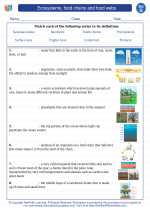Storms
Storms are powerful atmospheric disturbances that can have significant impacts on the environment and human society. They are often characterized by strong winds, heavy rainfall, thunder, lightning, and sometimes even hail or tornadoes. There are several different types of storms, each with its own unique characteristics and causes.
Types of Storms
- Thunderstorms: These are localized storms characterized by lightning, thunder, heavy rainfall, and sometimes hail. They are often associated with cumulonimbus clouds and can occur in various parts of the world.
- Tropical Cyclones: Also known as hurricanes or typhoons, these are intense storms that form over warm ocean waters and can cause widespread destruction due to their strong winds and heavy rainfall.
- Tornadoes: These are violent, rotating columns of air that extend from a thunderstorm to the ground. They are capable of causing extreme damage in a very localized area.
- Blizzards: These are severe winter storms characterized by heavy snow, strong winds, and low visibility. They can be particularly hazardous for those traveling or living in affected areas.
Causes of Storms
Storms are typically caused by a combination of atmospheric instability, moisture, and other environmental factors. For example, thunderstorms often form when warm, moist air rises rapidly in an unstable atmosphere, leading to the formation of cumulonimbus clouds and the potential for lightning and heavy rainfall. Tropical cyclones, on the other hand, form over warm ocean waters where the combination of heat and moisture provides the energy needed for their development.
Study Guide
To study storms effectively, consider the following key points:
- Understand the different types of storms and their unique characteristics.
- Learn about the causes and atmospheric conditions that lead to the formation of storms.
- Explore the impacts of storms on the environment, human society, and infrastructure.
- Study safety measures and preparedness strategies for various types of storms.
- Examine the role of technology and forecasting in predicting and monitoring storms.
By understanding the science behind storms and their impacts, you can gain valuable insights into the natural forces that shape our planet and the measures taken to mitigate their effects.
.◂Science Worksheets and Study Guides Seventh Grade. Ecosystems, food chains and food webs

 Activity Lesson
Activity Lesson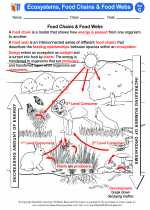
 Worksheet/Answer key
Worksheet/Answer key
 Worksheet/Answer key
Worksheet/Answer key
 Worksheet/Answer key
Worksheet/Answer key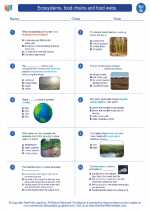
 Vocabulary/Answer key
Vocabulary/Answer key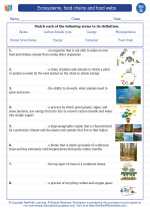
 Vocabulary/Answer key
Vocabulary/Answer key
 Vocabulary/Answer key
Vocabulary/Answer key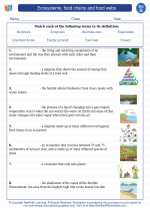
 Vocabulary/Answer key
Vocabulary/Answer key
 Vocabulary/Answer key
Vocabulary/Answer key